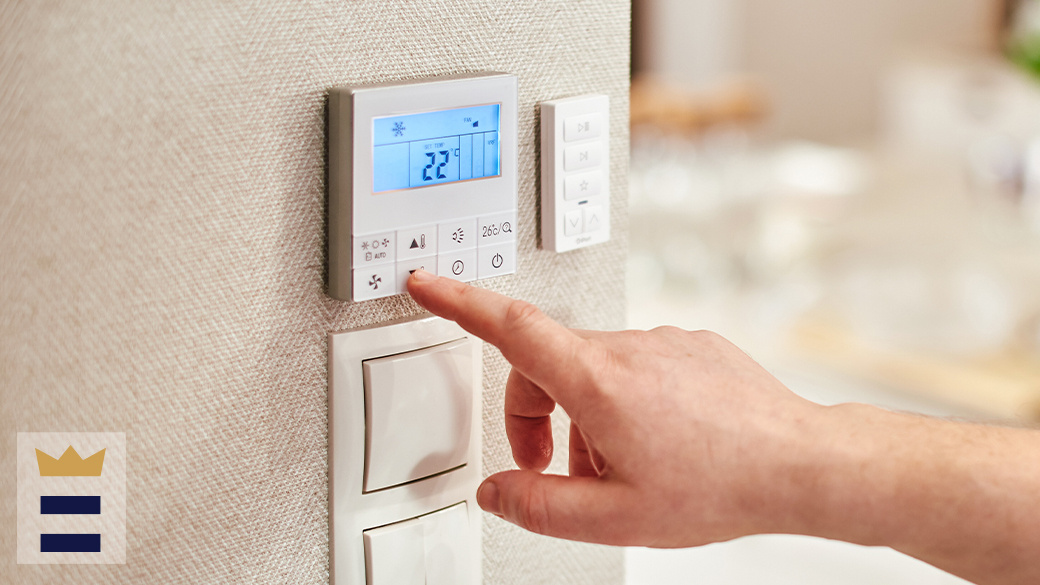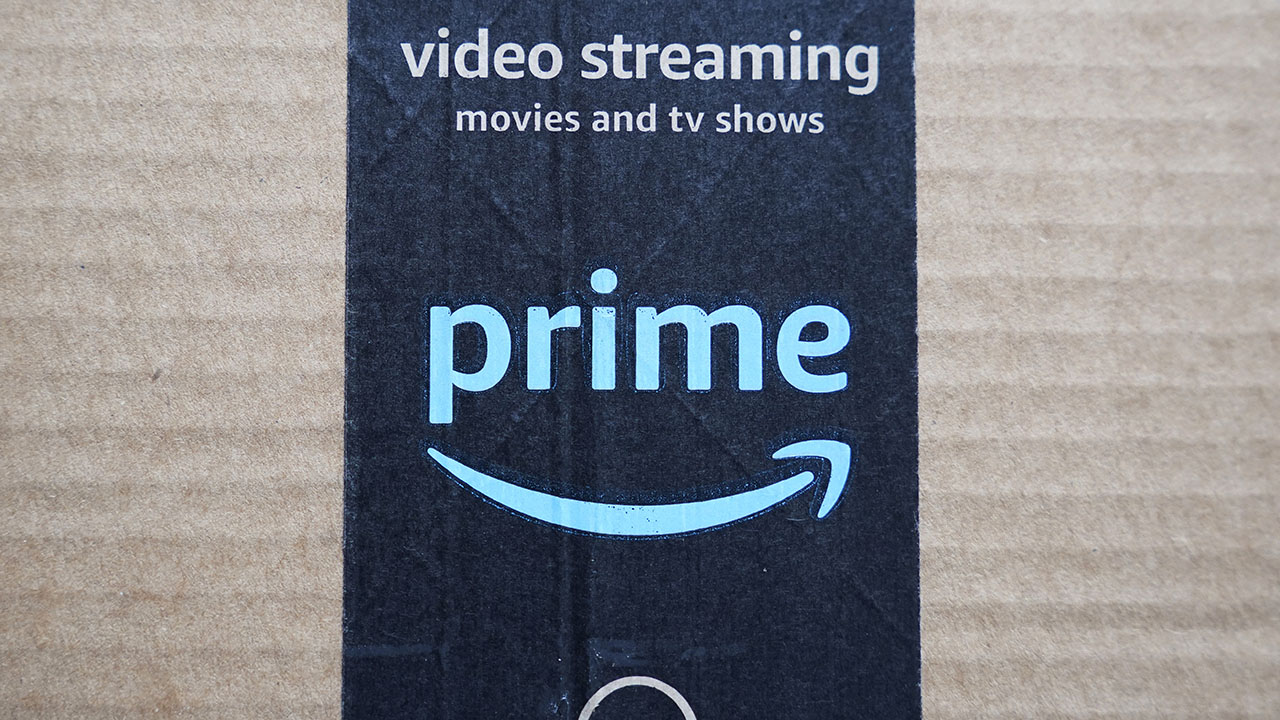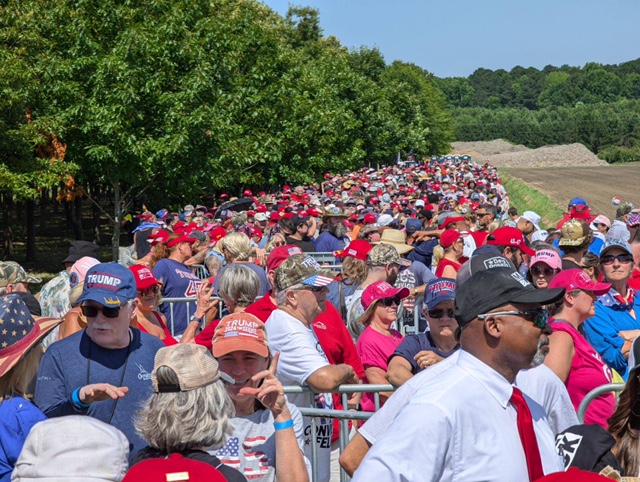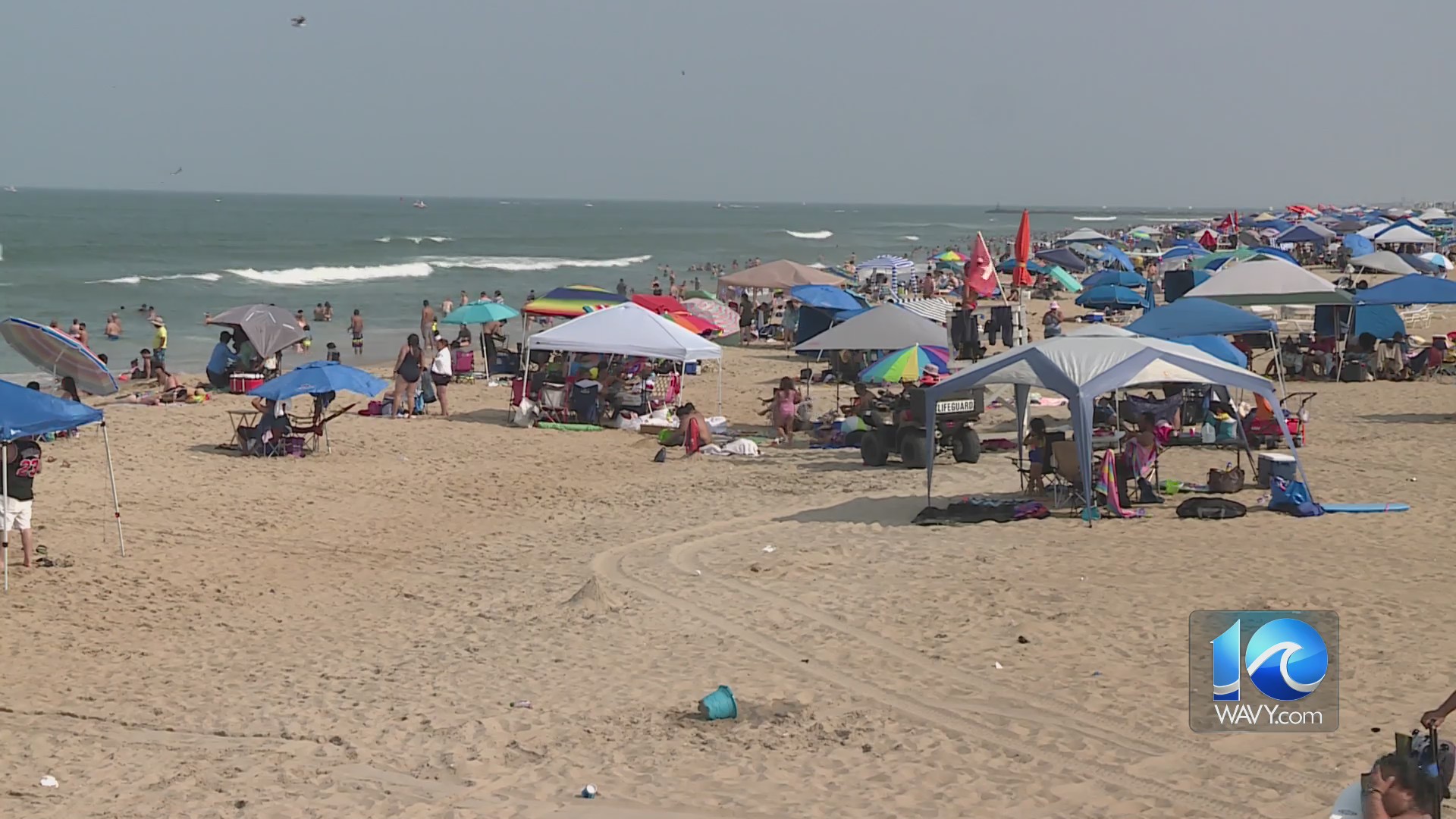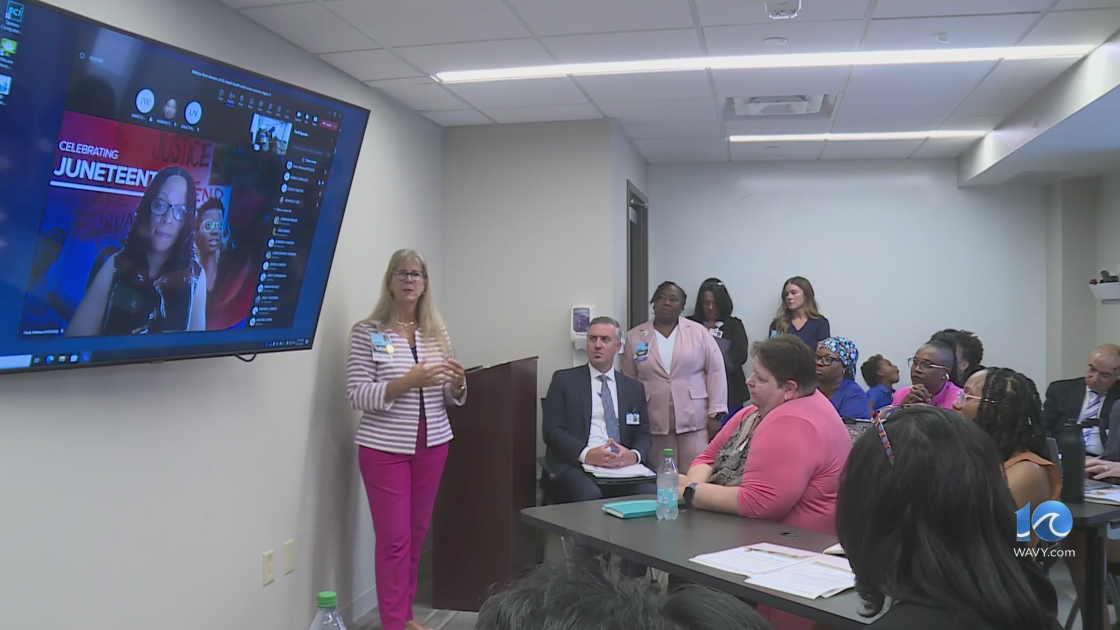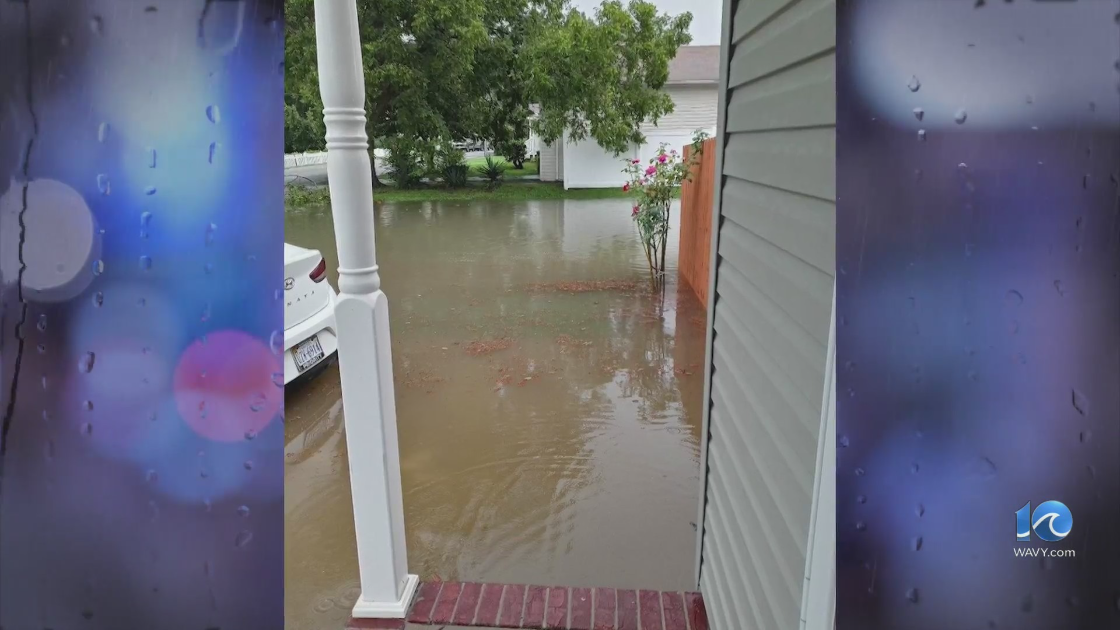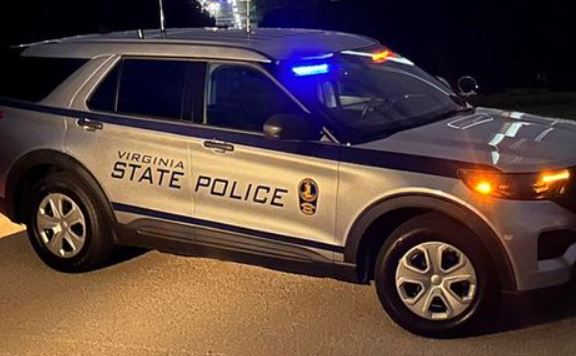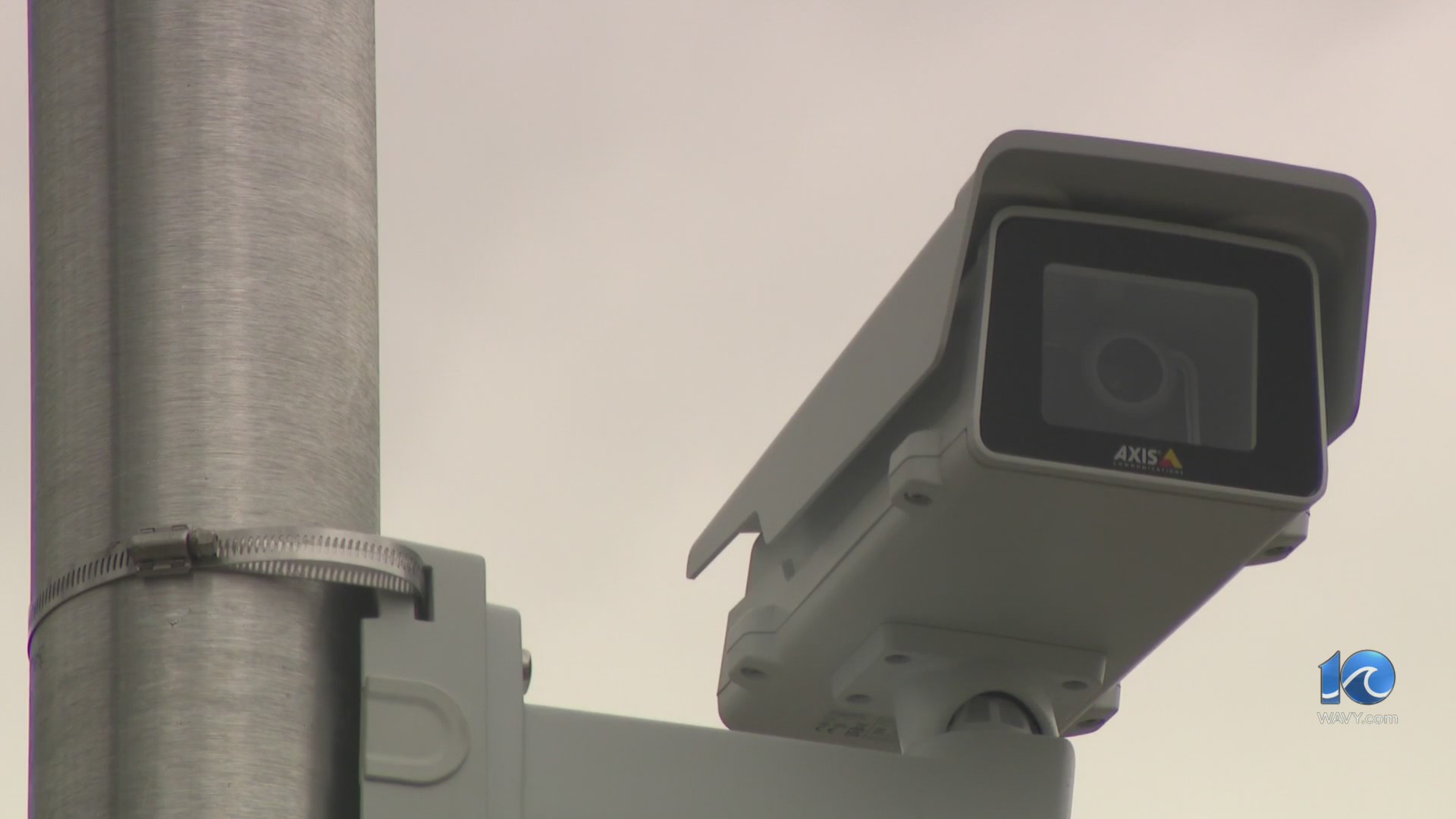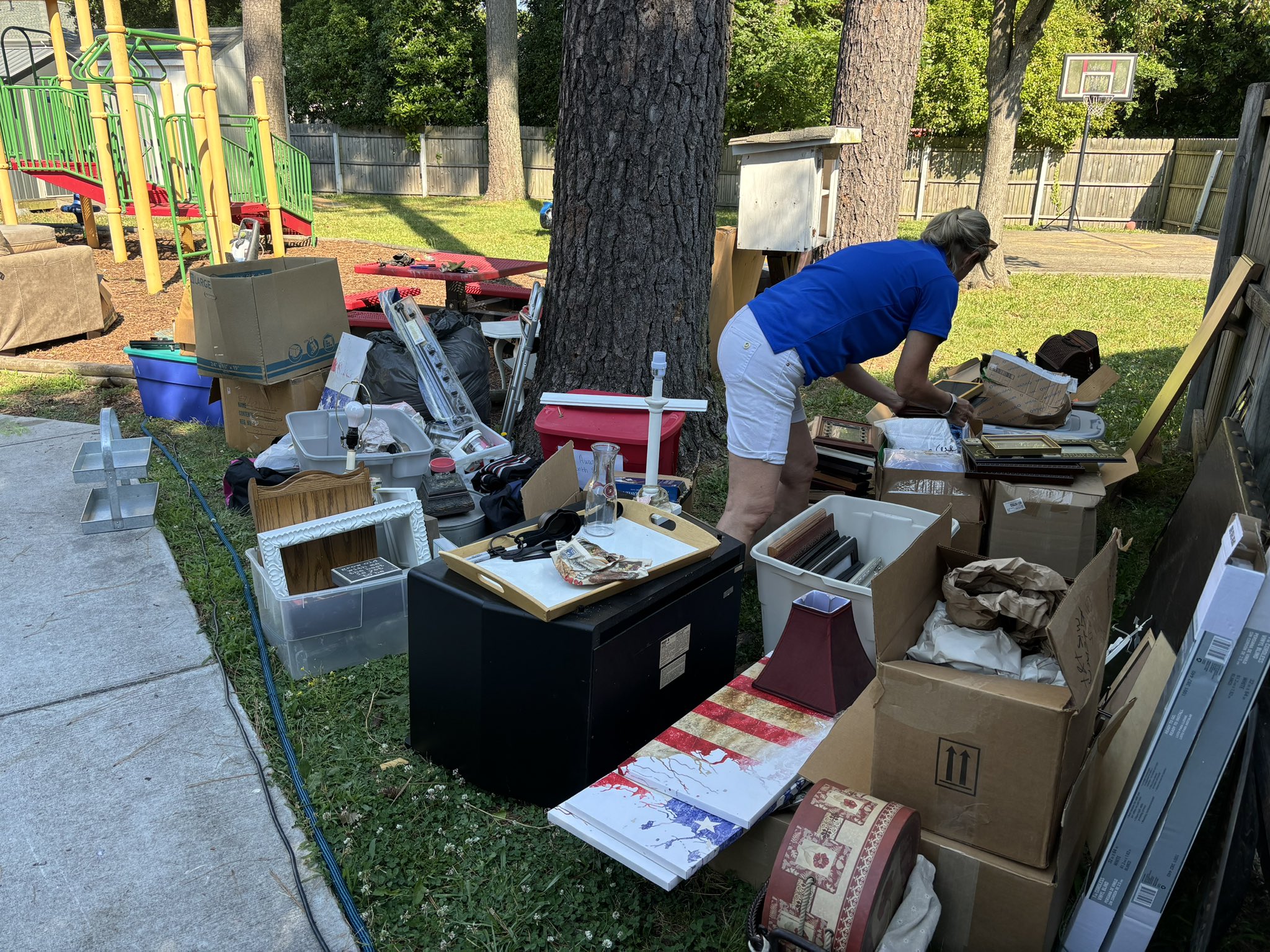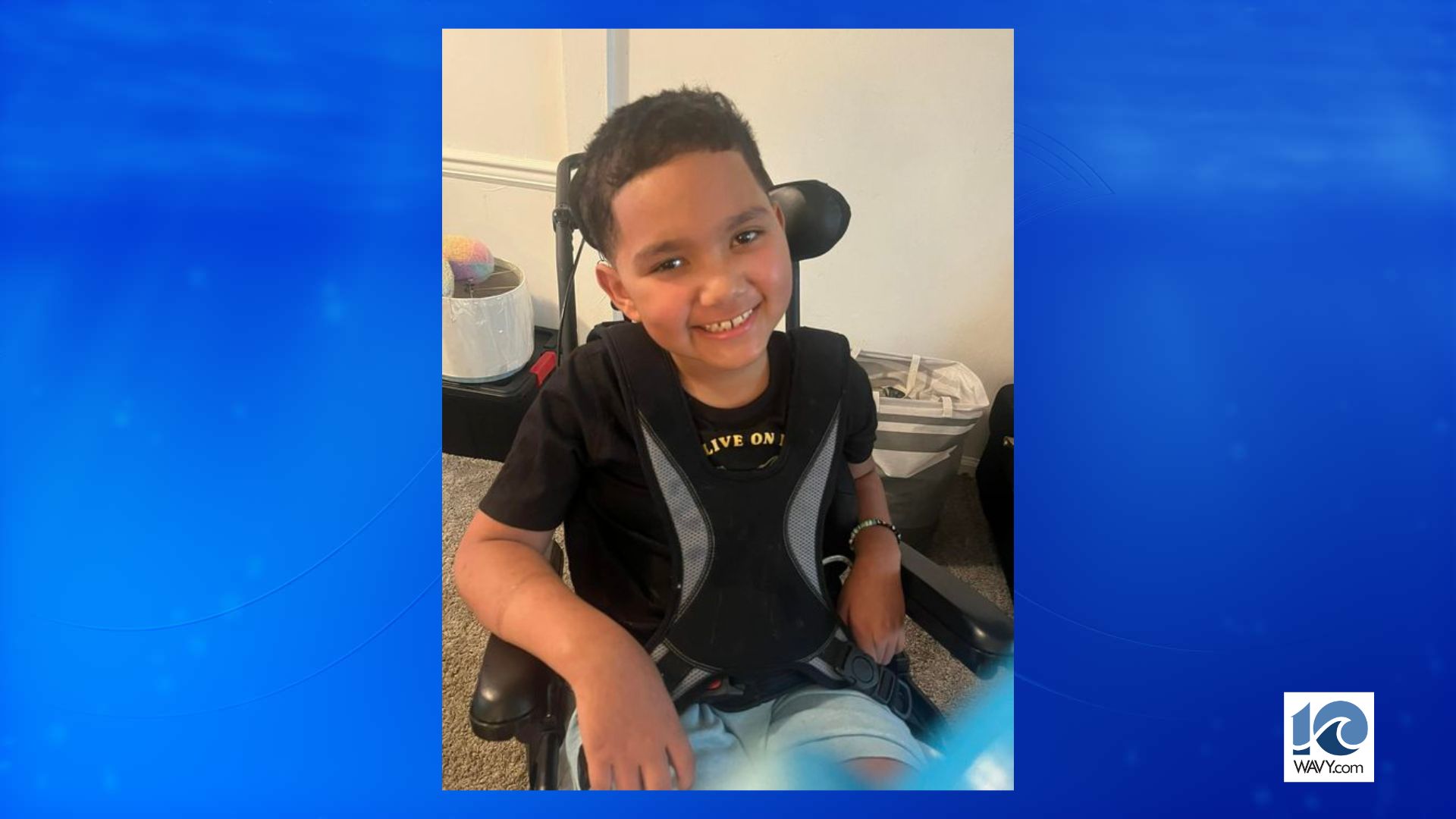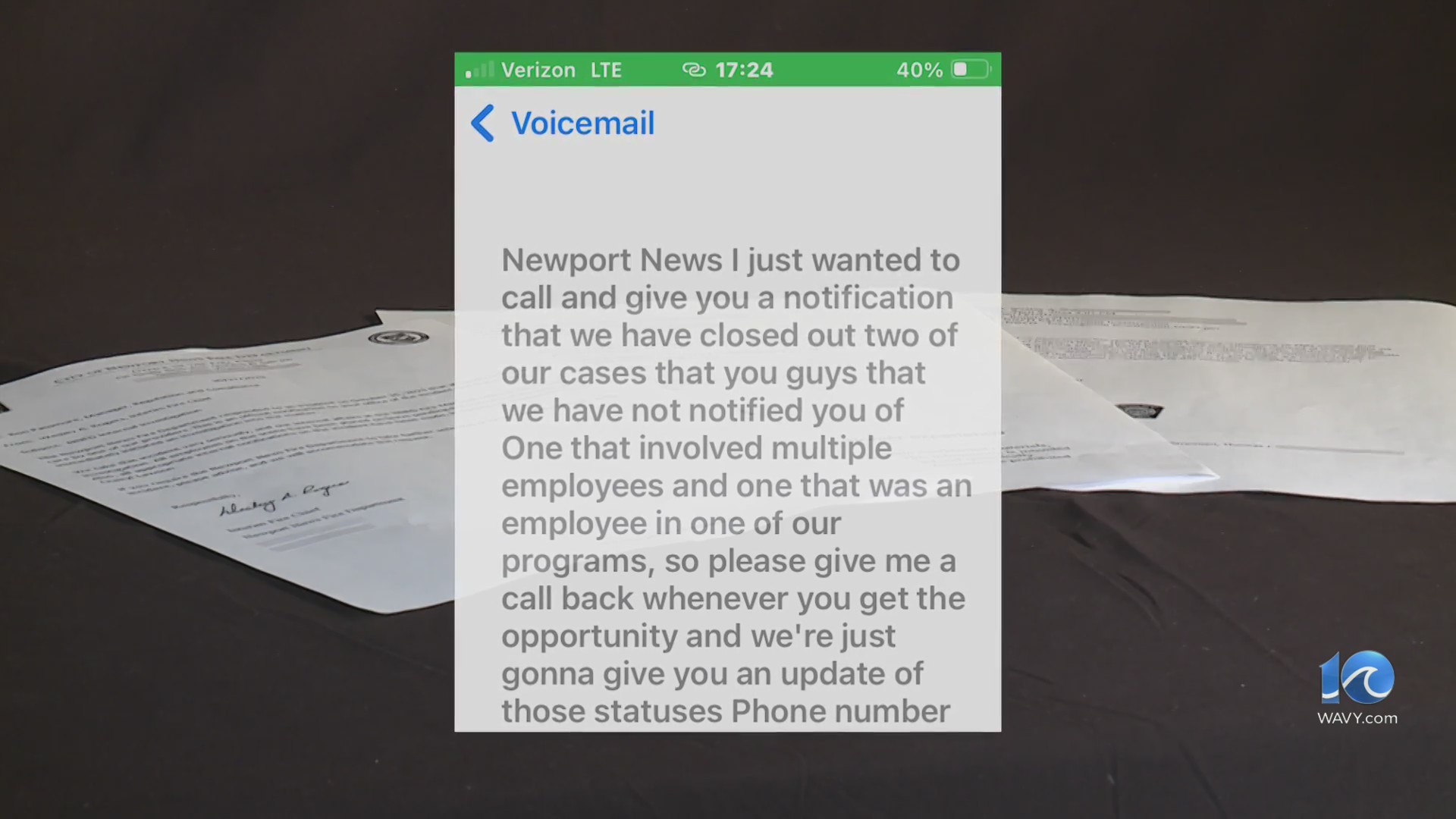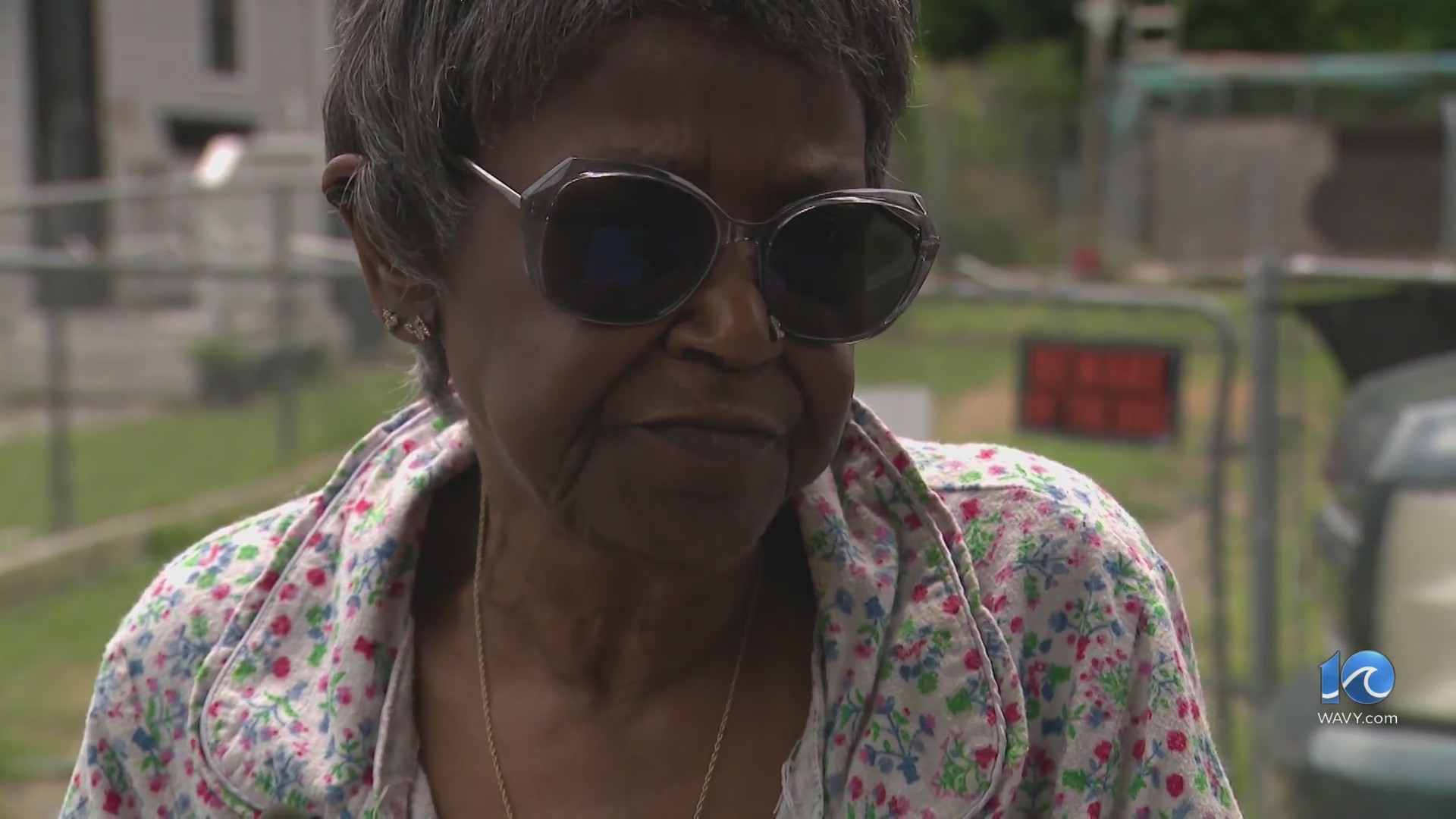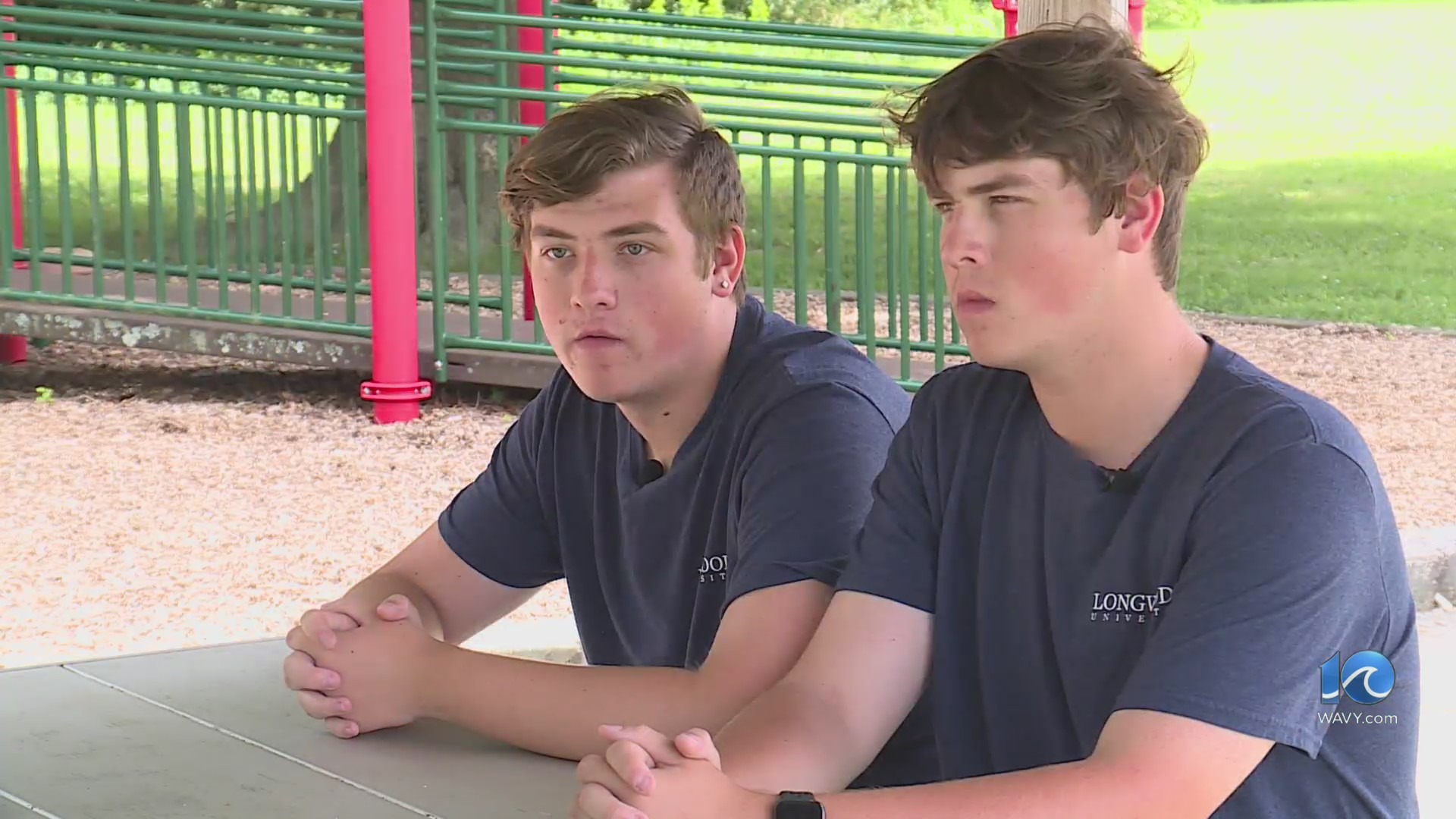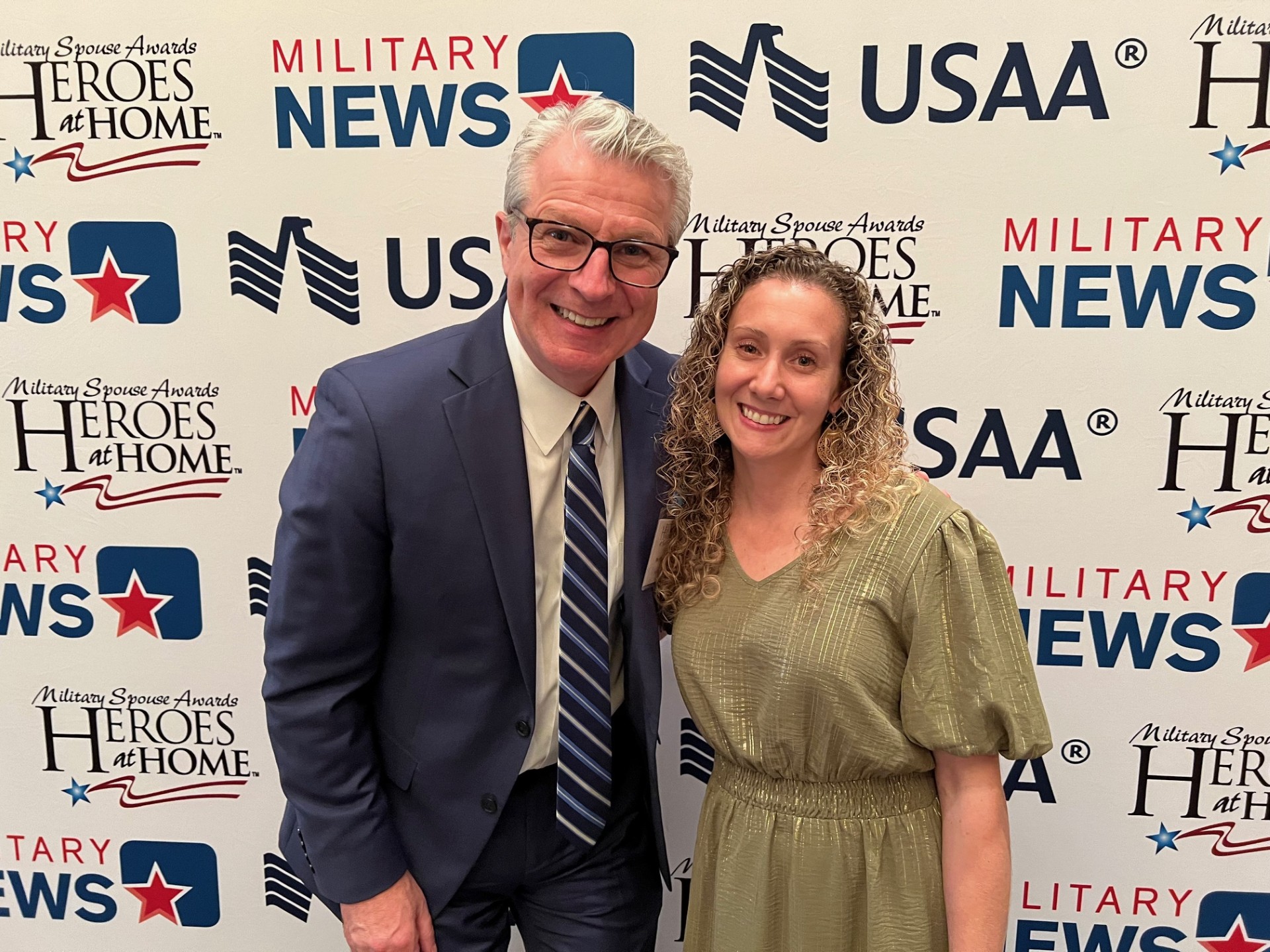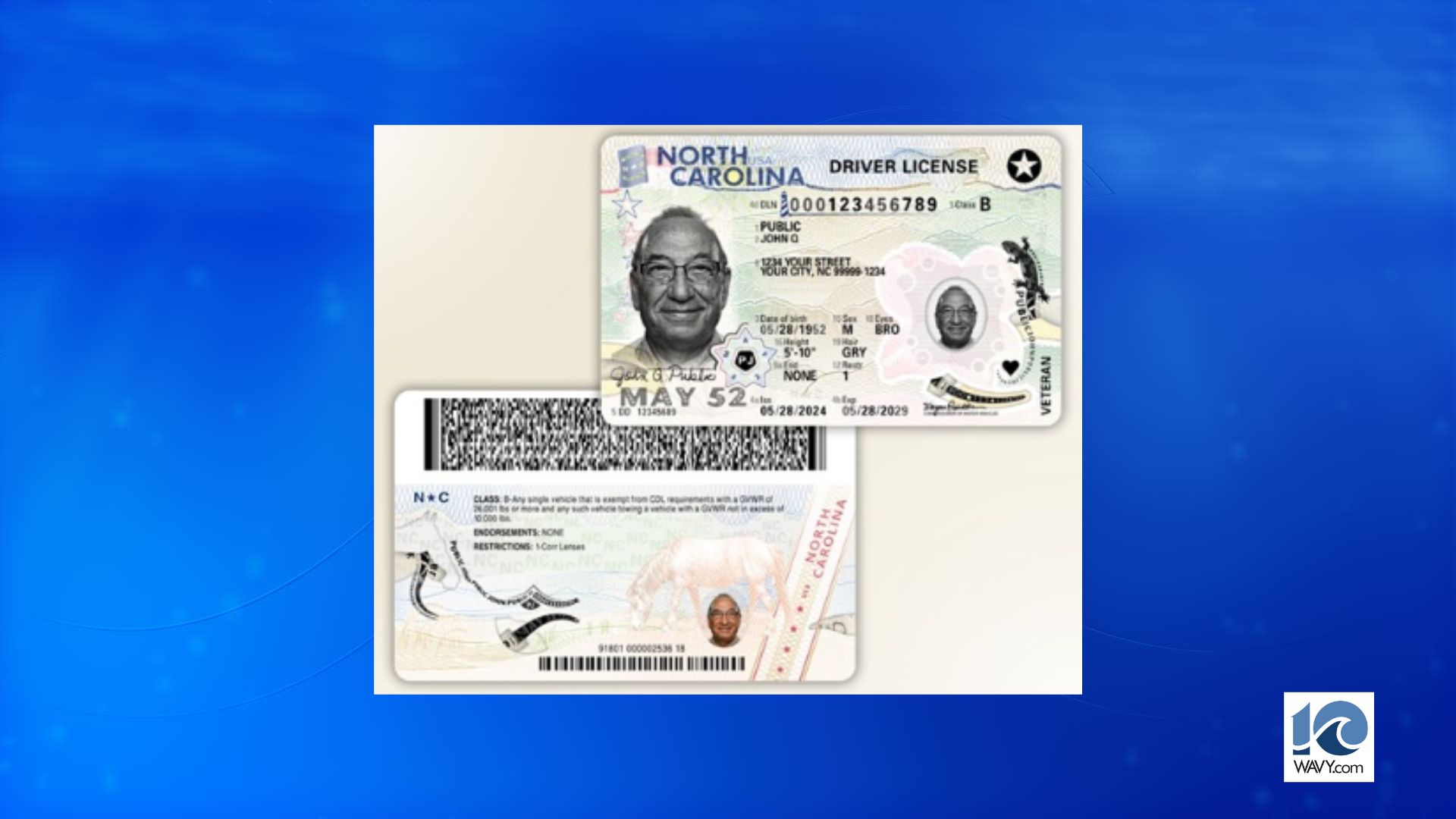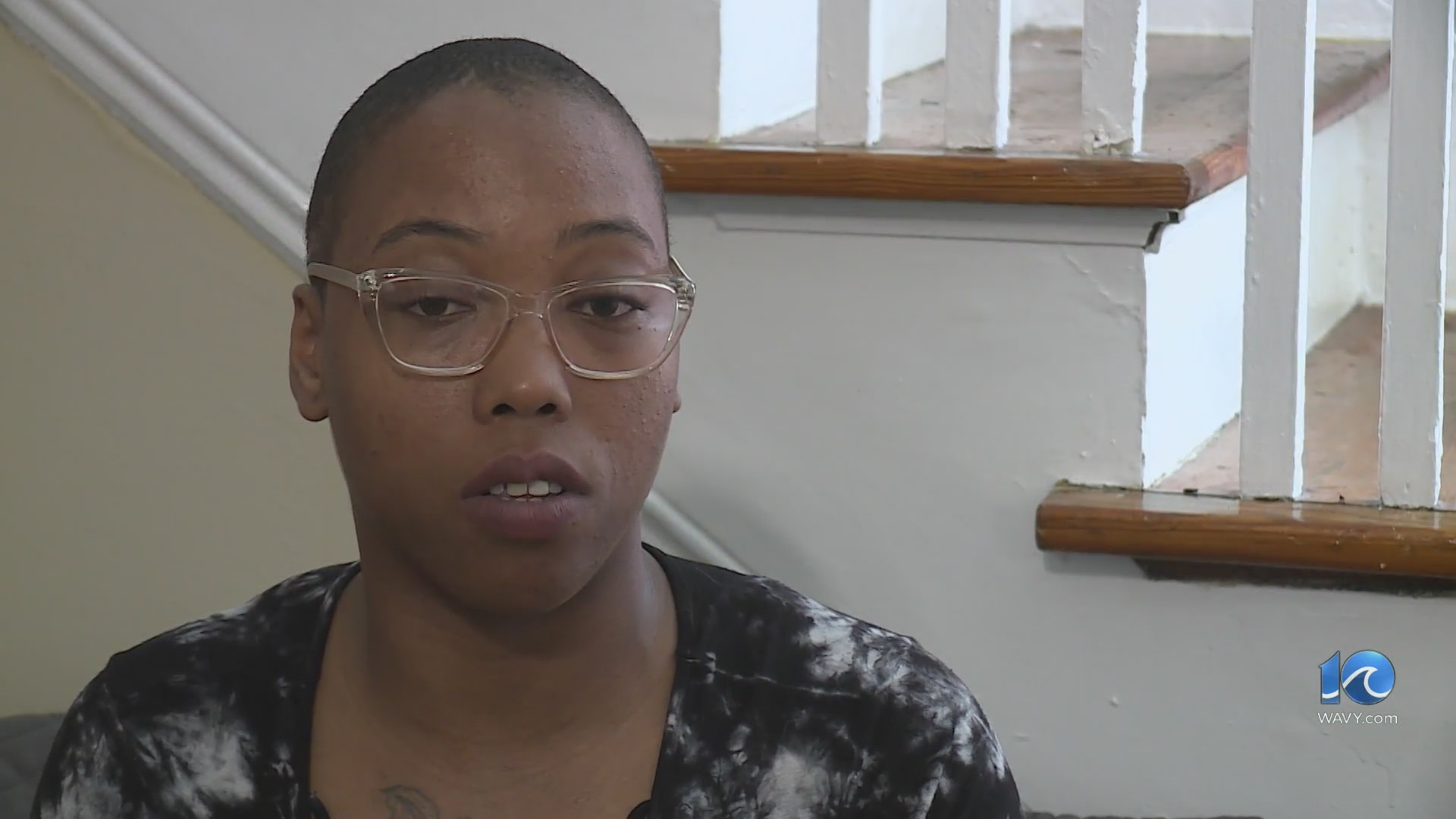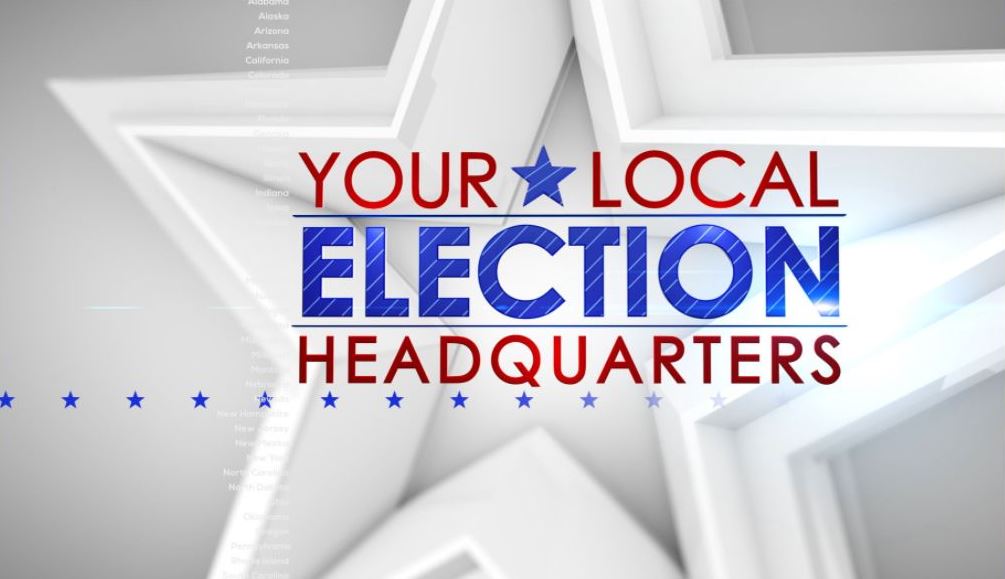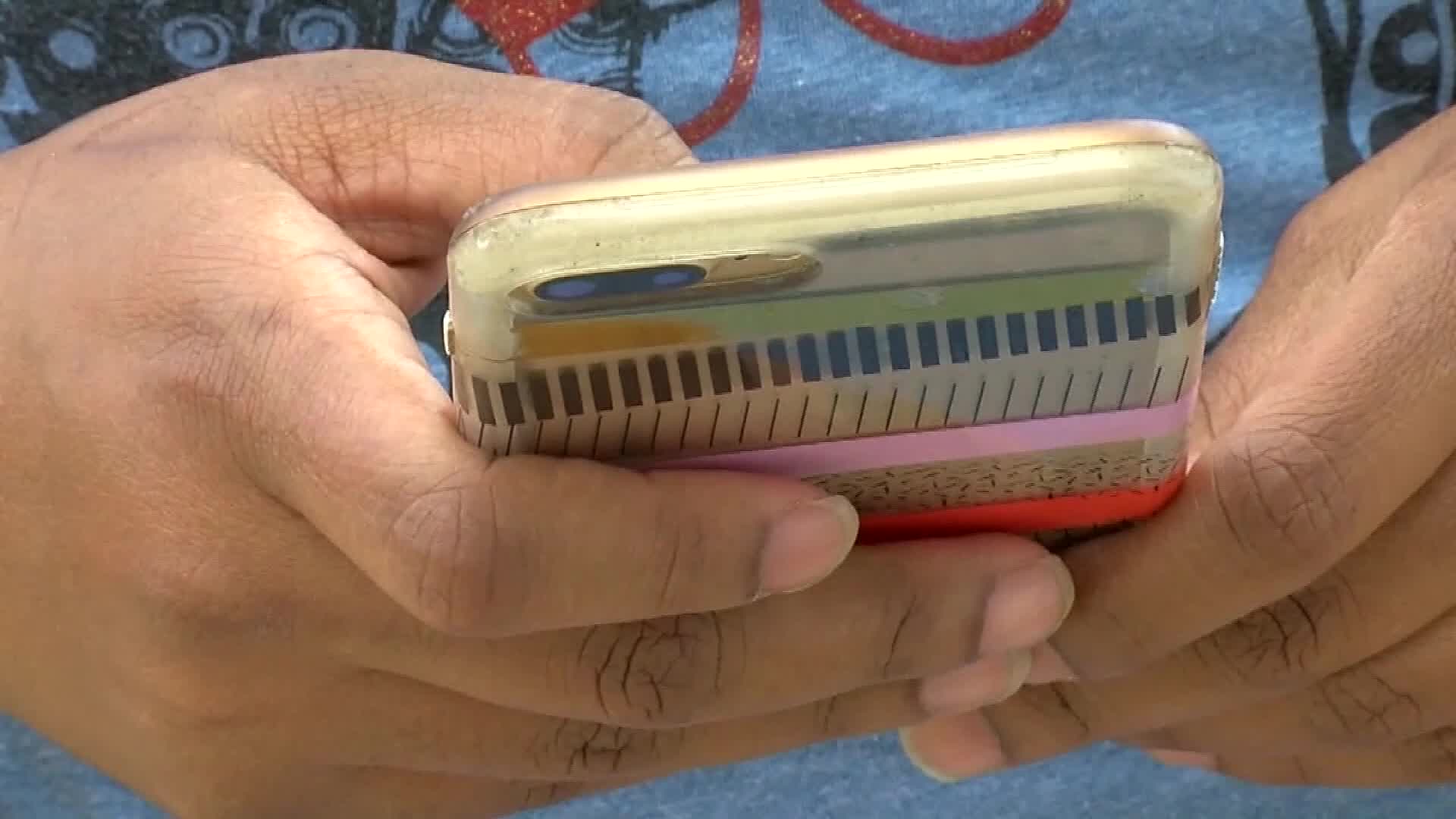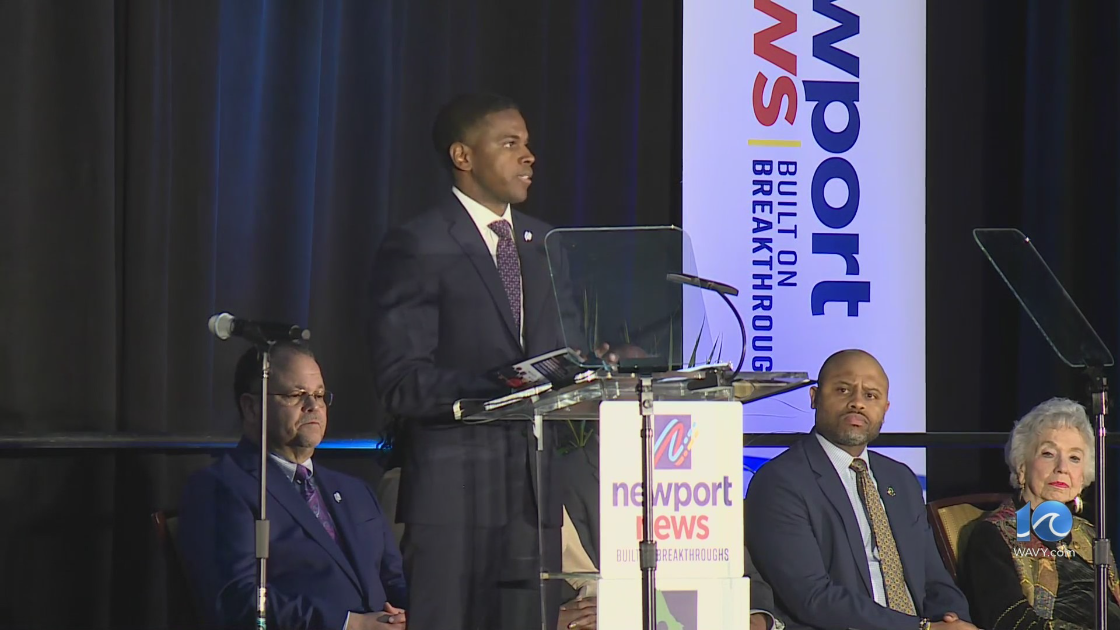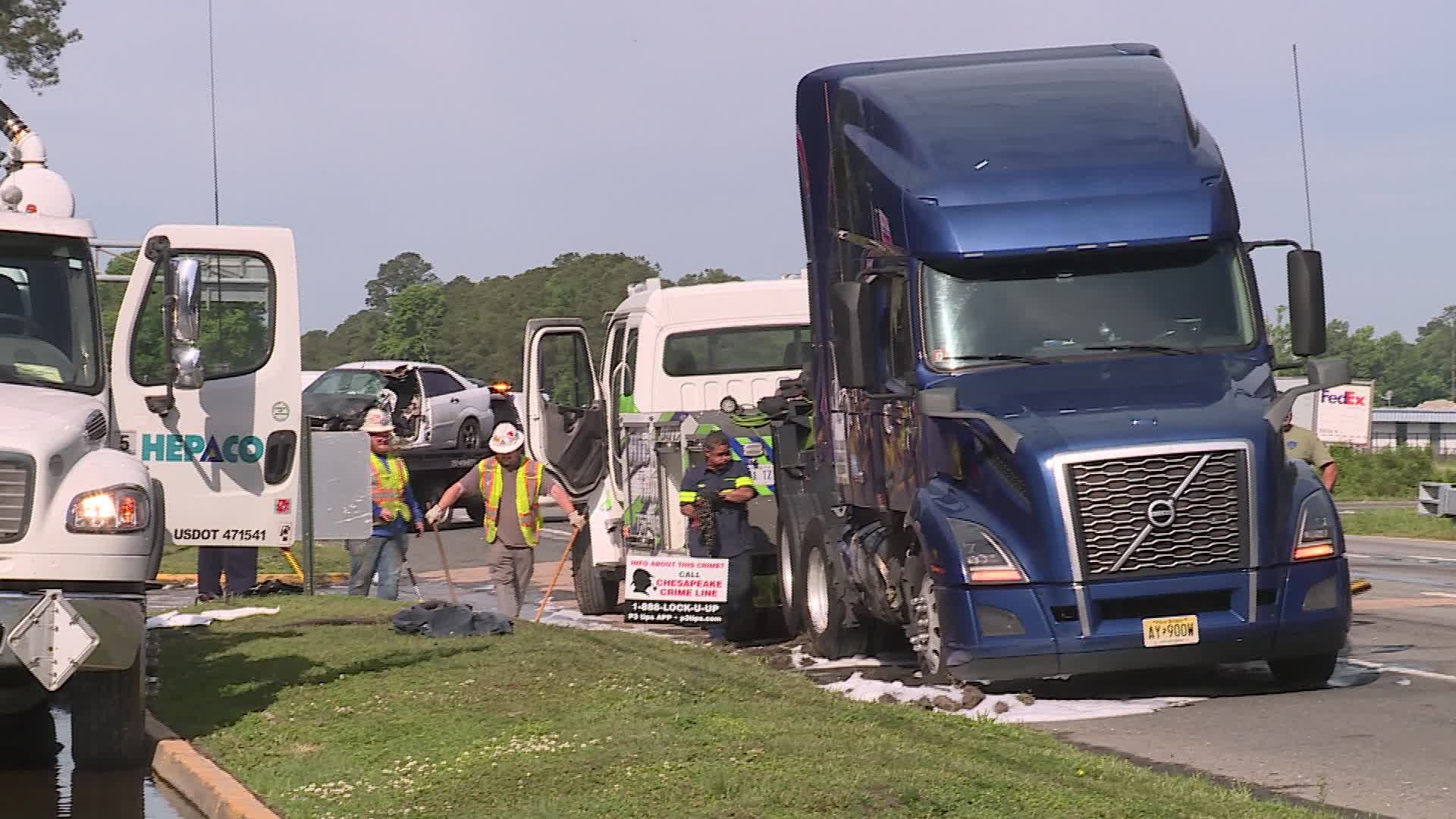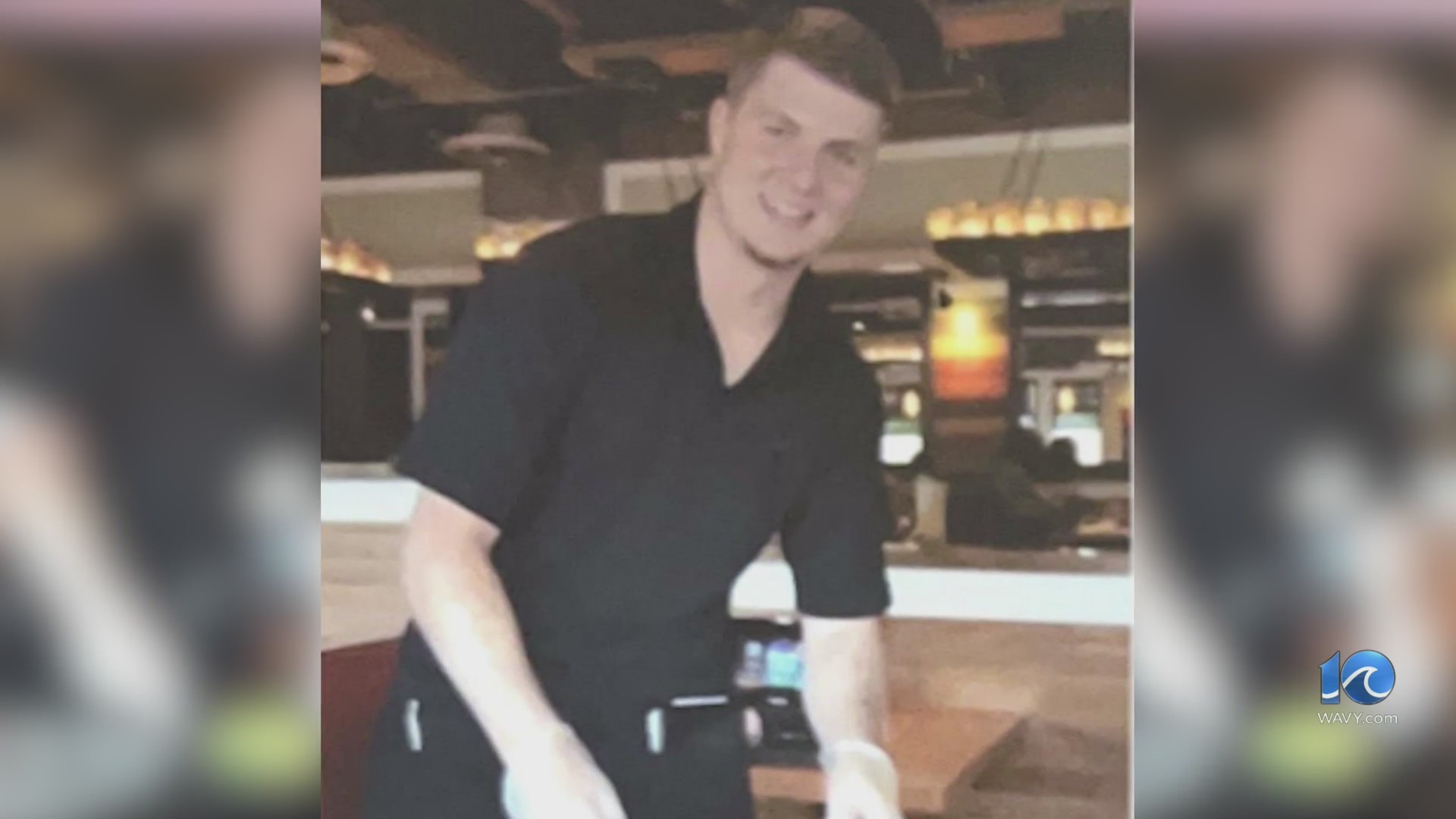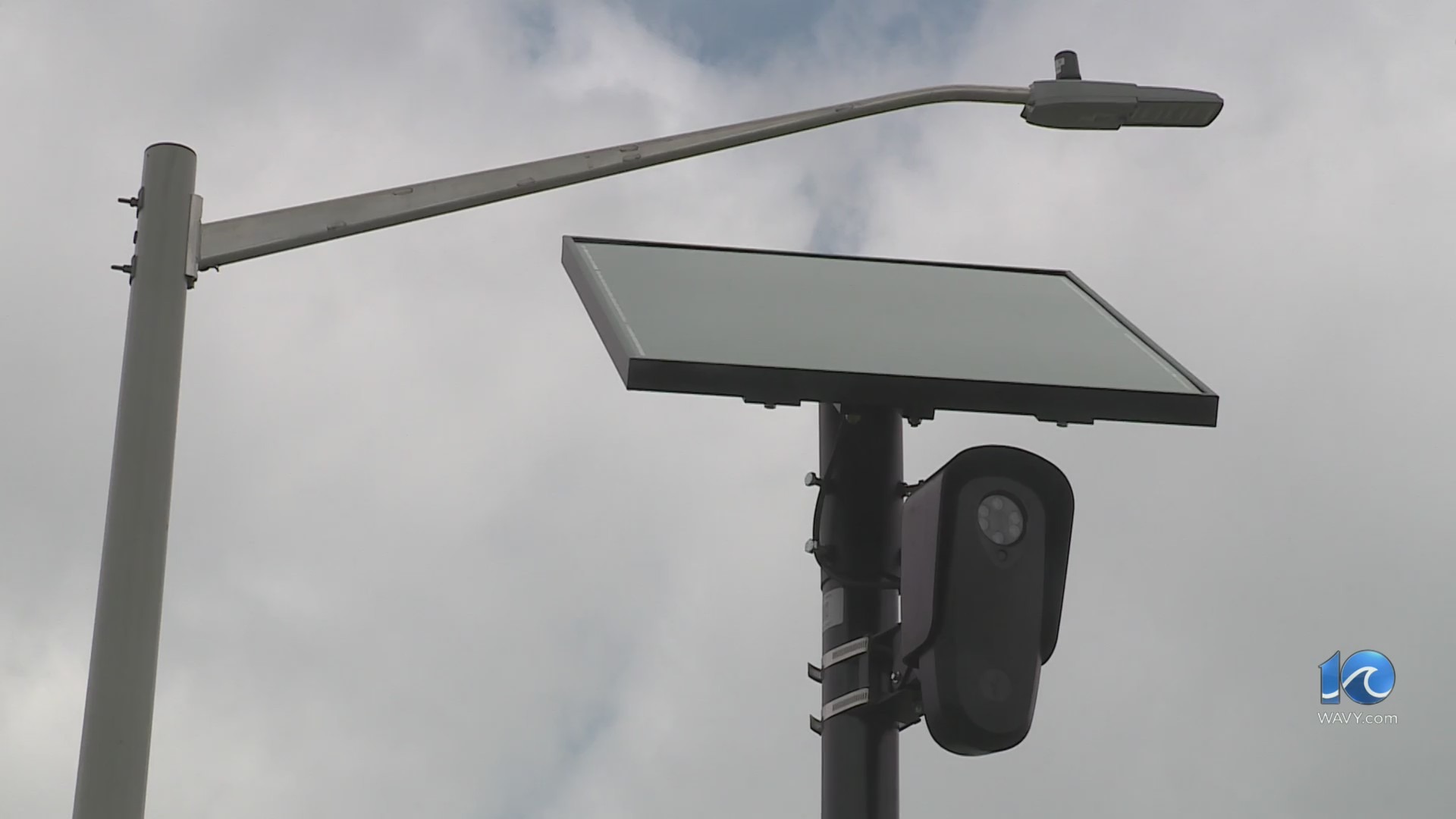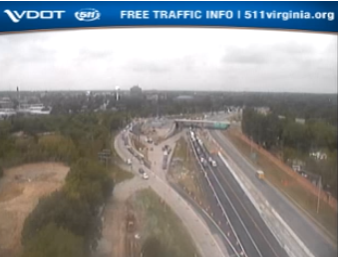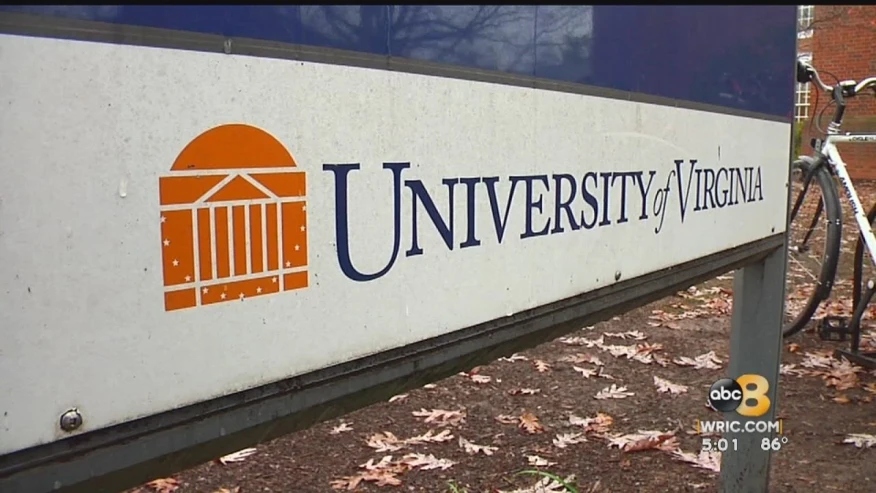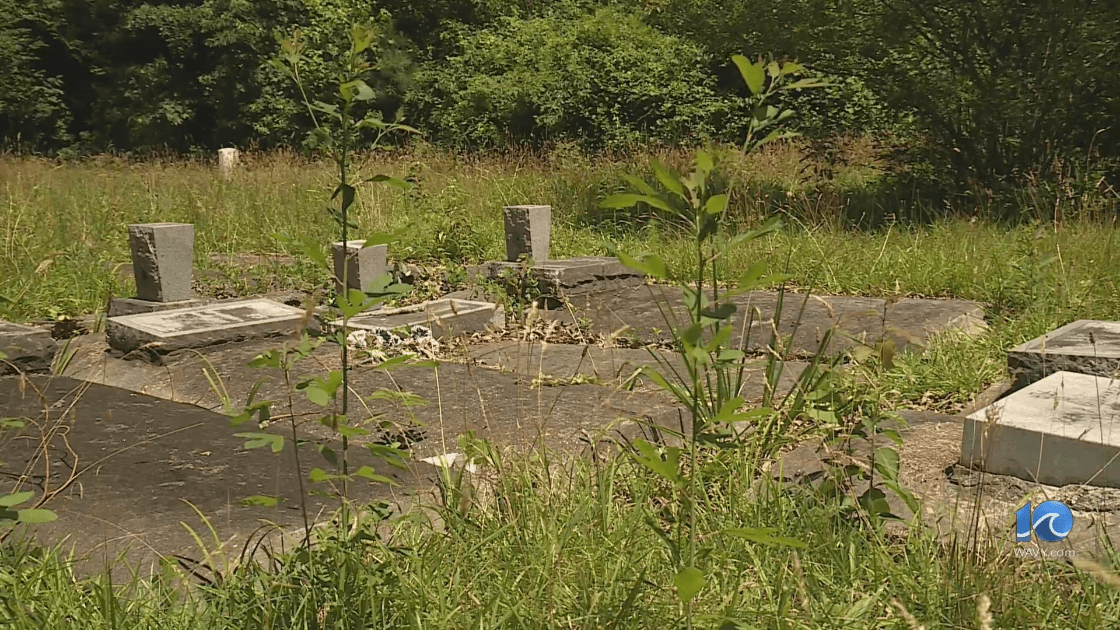RICHMOND, Va. (WRIC)- As voting rights legislation stalls in Congress, new laws aimed at expanding access and preventing suppression are taking effect in Virginia.
Meanwhile, Republicans at the state and federal level are are looking for a way to set stricter voter ID requirements.
On July 1, 2021, bills that permit early voting on Sundays, remove witness signature requirements, fund pre-paid postage and maintain access to ballot drop boxes set up during the pandemic all take effect.
The General Assembly–under Democratic control–also passed a number of measures in 2021 with delayed effective dates.
Those include the Voting Right Act of Virginia, which will strengthen voter intimidation protections, set public comment procedures for making voting-related changes that could have adverse impact on certain groups and require language-accesible information. Another bill allows pre-registration of 16 and 17 year-olds
Lawmakers also started the two-year process of amending the State Constitution to restore voting rights to formerly incarcerated people.
All of this follows a slew of other changes made in 2020. Democrats led efforts to expand Virginia’s early voting period, eliminate excuse requirements for absentee voting, make Election Day a state holiday and address partisan gerrymandering.
Those reforms are on the minds of advocates nationwide as Congress tries to reach a voting rights compromise that can clear 60 votes in the U.S. Senate.
On Friday, the “Freedom Ride for Voting Rights” stopped in Richmond as part of a multi-state tour. According to Black Voters Matter Co-Founder LaTosha Brown, the spree is a continuation of historic protests against racial segregation and a response to efforts in more than 40 states to restrict access to the polls.
Brown says those restrictions have a disproportionate impact on Black communities.
“Quite frankly it is voter suppression dressed up in a Jim Crow outfit. That is what we are seeing,” Brown said. “We need a national standard so that, no matter where you live in this country, you have open access to the ballot.”
However, BVM Co-Founder and Executive Director Cliff Albright fears the fine print of those standards could end up rolling back progress in states like Virginia in certain cases.
“What we need is a voting rights law that moves the needle forward for everybody. Not, in some ways, taking two steps forward and one step backward,” Albright said.
There’s still some ambiguity around a more moderate voting rights package being pitched by Sen. Joe Manchin (D-WVa). Specifically in question is Manchin’s proposal to require voter ID nationwide with some “acceptable alternatives” such as a utility bill.
Depending on how it is written, some Republicans in the General Assembly believe it could force Virginia to reinstate a stricter policy. It comes as some Democrats are being accused of softening their stance on the issue.
Currently, voters in Virginia can use various forms of ID at the polls, including a utility bill. If someone can’t show any of those forms, they can sign an affidavit instead swearing they are who they say they are. Violators risk criminal punishment.
Republican Del. Chris Head (R-Roanoke) said Congress could pass a national standard that would, at a minimum, prohibit the affidavit option.
“That opens the door for doubt and we can’t have doubt in our elections,” said Head.
Sen. Tim Kaine (D-VA) said he worked with Manchin on the compromise and provided Virginia’s list of acceptable ID options to the bill drafters. He said final details in this area were still being negotiated when Republicans blocked further debate on the topic, though he expects it to be revisited after the July 4 recess.
“I don’t think that piece of it has been completely resolved,” Kaine said. “Frankly, I think we got it to a place where it was about the same as the Virginia voter ID proposal.”
Overall, Kaine thinks federal action on voting rights will protect the progress Democrats have made since winning majorities at the state-level.
Republican Rep. Rob Wittman thinks many of the proposals being pushed represent a federal overreach.
“I look at it as a politically motivated, federal take over of the election system,” Wittman said. “I want states to be in charge, not the federal government.”

















































